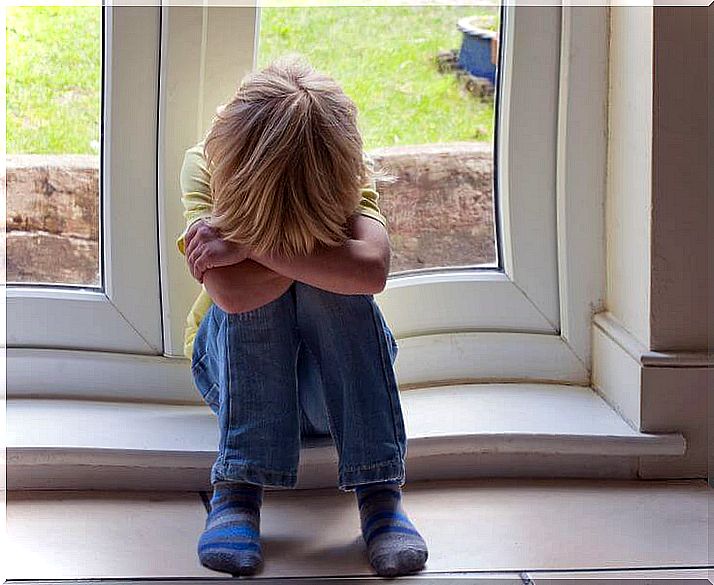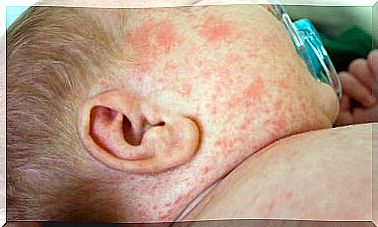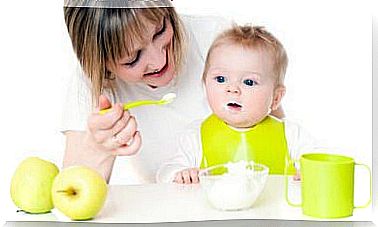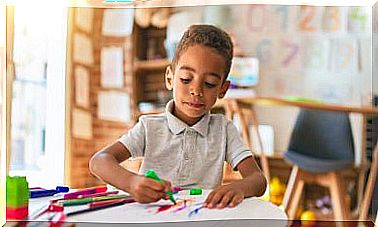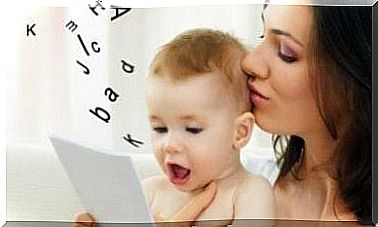5 Signs Of Affective Deficiency In Children
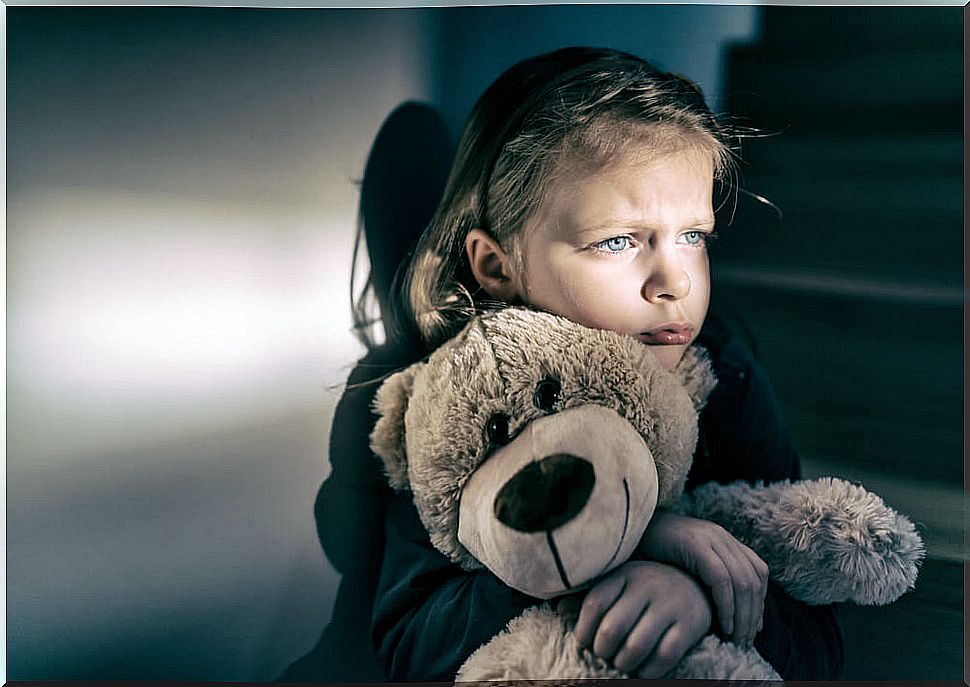
All children need love and care for their development. Affective deprivation in children occurs when there is a lack of care, protection, attachment and attention from the main caregiver, mother or father, during the first years of life.
This affective deficiency can be due to many things, such as abandonment, abuse or other complicated family situations that, although they are less traumatic, leave children without affective and relational attention.
Do you want to know what can be the signs that indicate that there is affective deficiency in children? Keep reading.
What is affective deficiency?
This occurs when there is inattention to babies or children, due to lack of care, attention, attachment, on the part of their main caregivers. This can happen in traumatic situations such as neglect or abuse, but also when parents are emotionally distant or absent and do not pay their time and attention to their children.
As a consequence, the child does not feel loved. He perceives that he is rejected or ignored by his family. All of this has a negative impact on your emotions. When a child is very young, they do not realize this situation, but they do sense that they are in an environment where they are not given the love and attention they need.
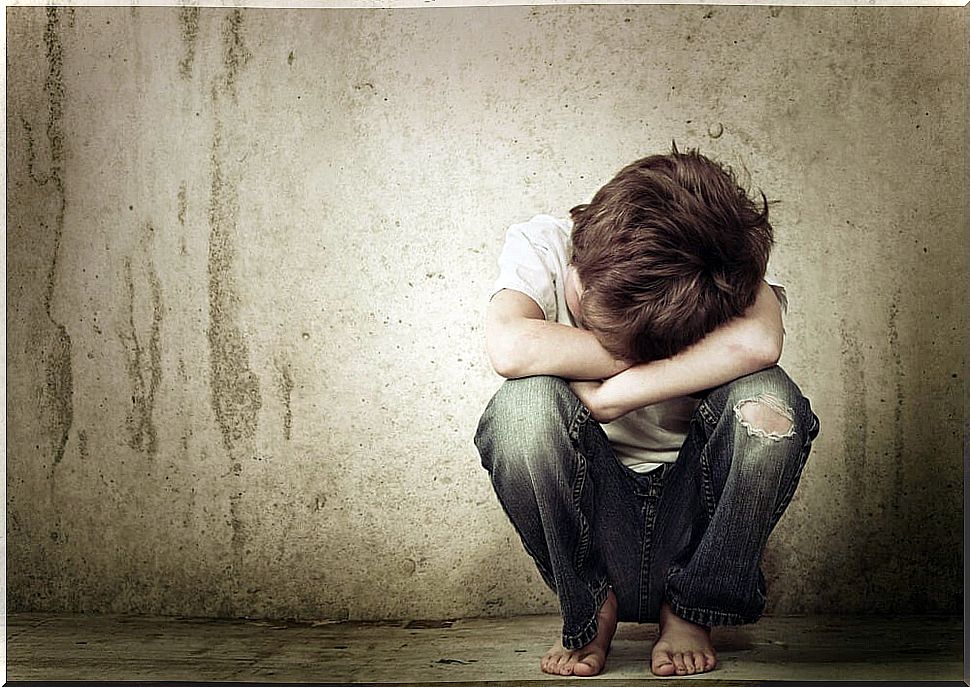
Signs of affective deficiency in children
Aggressiveness
When a child becomes aggressive, it is best to give him the attention he needs and, above all, that we listen to him. Show them that what they are saying is important to us, so they will have the confidence to tell us what concerns them.
Disobedience
If a child perceives that he is not being cared for by his parents, what he will do is not obey the orders of his parents and have negative behaviors to be the center of attention. Some signs of disobedience in children are:
- Go to.
- Impulsiveness.
- Sudden mood swings.
- Uncontrolled crying.
- Aggression problems.
- Afraid.
If these deficiencies are not treated by a professional and the child cannot overcome them, it generates a feeling of emptiness and mistrust, which will affect him as he grows up.
Fear arises in the little ones due to the feeling that they can be abandoned when they do not receive the affection of their family. In this situation, the child must be taken to a therapist to overcome this fear.
Unsafety
When children feel the emotional emptiness produced by lack of affection, they feel unprotected. This will make them afraid to interact with other people. They are always on the defensive, and the distrust they feel towards everyone is an objective sign that something is not right.
Poor school performance
Affective deficiency also has academic consequences such as poor school performance, learning difficulties and lack of motivation when doing homework. These children are generally slow to develop language and their social skills are poor. They reject any show of affection from those around them.

Excessive interest in electronic devices
Some parents, in order to keep their children quiet and quiet, leave electronic devices such as tablets , mobile phones, television … This causes children to put aside human interaction and, over time, will eventually provoke dependence on these devices.
Consequences of affective deficiency in children
- Lack of trust towards everyone.
- Difficulties expressing your feelings and problems controlling them.
- Attention problems.
- Anxiety.
- Difficulty in impulse control, with behavioral changes and aggressive responses.
- Poor development of language and social skills.
As a consequence of affective deficiency, all these symptoms can reach adulthood. This will make them dependent as adults, with poor social and self-centered skills.
All these signs of affective deficiency in children can warn us parents that there is something we are not doing well and, therefore, we can remedy and act so that this does not happen.
It is important to bear in mind that the affective deficiency affects the development of the personality, produces identity problems and emotional immaturity. In the future, when the little ones are adults, they may find it difficult to establish stable relationships due to mistrust.
